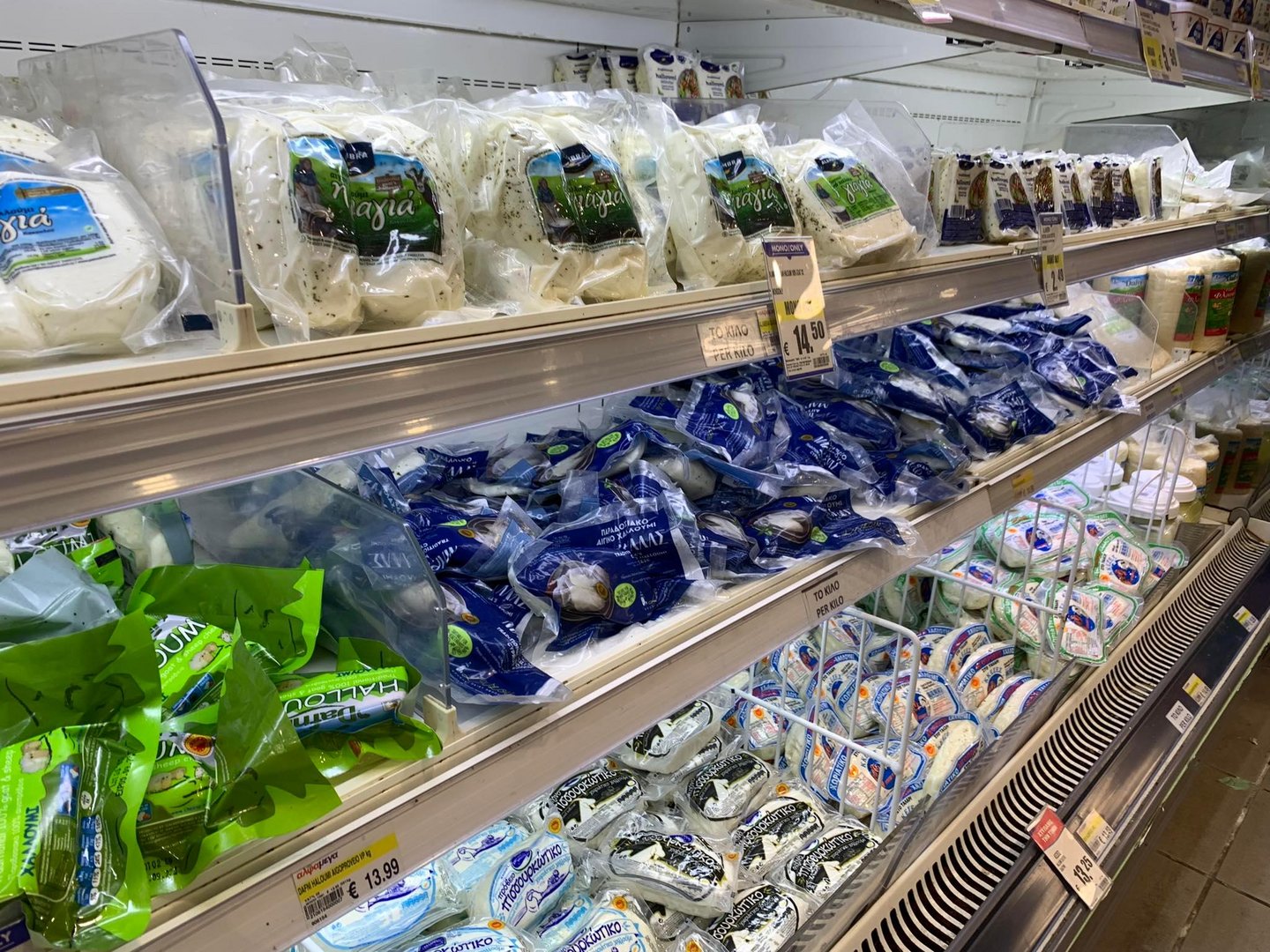The agriculture ministry is cracking down on halloumi that does not meet set standards and has already seized batches and filed complaints in four countries through the EU iRasff system – Rapid Alert System for Food and Feed, the minister announced on Tuesday.
Addressing MPs at the House agriculture committee, Maria Panayiotou said that so far this year, 20 inspections had been carried out, during which three incidents of non-compliance were found. Subsequently, batches of halloumi had been seized and labels changed so that the cheese was not sold as halloumi PDO – protected designation of origin.
Until September 19, 250 administrative inspections of halloumi PDO for export were carried out, in addition to the filing of six complaints in four countries through EU iRasff.
Panayiotou said halloumi for export came with challenges and referred to the measures taken by the government to promote compliance with standards.
The Law Office representative at the meeting told MPs the EU had thrown out an appeal to cancel the halloumi PDO and rejected an appeal of that ruling, thus there are no appeals pending and halloumi PDO is registered.
Agricultural organisations voiced concerns, saying they were worried about halloumi exported from Greece, which along with Turkey constituted the greatest threat to Cypriot halloumi.
Panayiotou explained that an interdepartmental committee on halloumi had been set up to coordinate all services involved in its export.
That committee, she added, had drafted a roadmap for tackling serious issues in halloumi exports and had already made interventions at European and international levels.
The target countries identified include Australia, the UAE and Japan, with the aim of integrating halloumi PDO in commercial agreements.
Panayiotou said she herself had met her British counterpart to discuss the post-Brexit problems faced by Cypriot cheesemakers in the UK
The minister said austere inspections were being conducted, from production to retail and exports, with emphasis on clamping down on imitation halloumi as well as the use of powdered milk in the production process.
To alieviate the cost of halloumi production, the government is running an investment programme worth €30 million, the purpose of which is to increase production, modernise units and slash running costs.
The programme was announced on June 5 and soon applications will be accepted.
Panayiotou said the goverment would support milk production with subsidies for farmers depending on the quantities of milk produced.
She said the government was also promoting a plan to grant 26 state-owned pieces of land for setting up large farming units, with a subsidy reaching €600,000.






Click here to change your cookie preferences